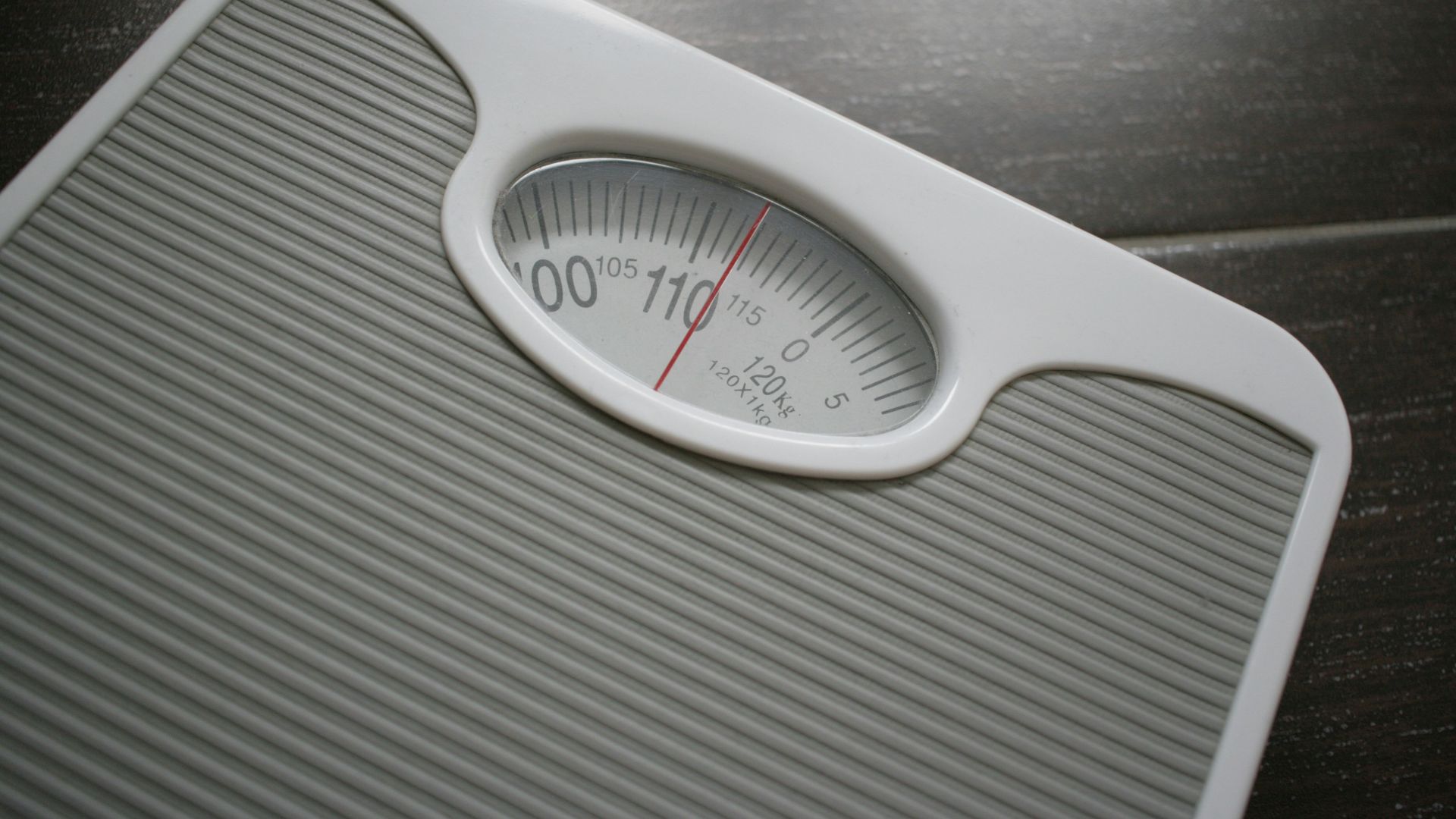Stop Everything If Your Body Does This
Our bodies are built to withstand a lot, but there are some people that take it too far. Luckily, there are systems in place to let us know when we need to take it easy with the workouts, the dieting, or the constant cardio. So if these 20 signs seem familiar, it’s time to balance out with more rest days.
1. Constant Fatigue
If you feel tired all the time, even after getting a good night’s sleep, your body is telling you it needs more rest. Overtraining exhausts your energy and makes it more difficult to recover. Taking a break or incorporating easier workout days into your routine will allow you to recover and come back stronger.
2. Persistent Muscle Soreness
A little soreness is normal, but if it persists for days or feels severe, you may be overdoing it. Muscles need time to recover between sessions. Overlooking this can lead to injury or burnout.
3. Trouble Sleeping
Exercise is supposed to help you sleep better, not worse. If you are having trouble sleeping, your nervous system may be overstimulated from overtraining. Rest and relaxation can calm your body down.
4. Decreased Performance
If your workouts are beginning to feel more difficult rather than easier, it's time to take note. One of the effects of overtraining is a reduction in strength, speed, or endurance. A couple of days off will help you recover.
5. Frequent Illness
Getting every cold going around could indicate that your immune system is compromised. Periods of heavy training with inadequate recovery will decrease your resistance to infection. Balanced nutrition and rest will help.
6. Mood Changes
If you're feeling unusually irritable, anxious, or down, it could be a sign of overtraining. Exercise has an impact on your hormones, and if you do too much, they can get out of balance. Your mood is your body telling you to slow down.
7. Loss of Appetite
Over-exercising can cause your body to enter such a state of stress that your appetite is reduced. Your body is not getting the nourishment it needs in order to repair itself. Proper nutrition and rest are as vital to your fitness as regular exercise.
8. Joint or Tendon Pain
Knee, shoulder, or elbow pain that’s sharp or aching isn’t normal. Overuse injuries sneak up on you and can lay you up for weeks. Good form and rest days will help prevent long-term problems.
9. Elevated Resting Heart Rate
A high heart rate when you first wake up might indicate that your body is not fully recovered. By overtraining, you keep your body in a stressed state. Heart rate monitoring is a useful early warning indicator.
 LinkedIn Sales Solutions on Unsplash
LinkedIn Sales Solutions on Unsplash
10. Loss of Motivation
If the thought of your workout leaves you feeling deflated instead of pumped, you may be experiencing burnout. When you do too much of a good thing, even things you love can become drudgery. A break will help restore your motivation.
11. Trouble Concentrating
If you find yourself feeling foggy or unfocused, it could be a sign that you're mentally fatigued due to physical stress. Remember that overtraining doesn't just impact your muscles, it impacts your brain as well. Proper rest will help your focus return.
12. Plateauing Progress
If your results have come to a screeching halt, it may not be due to a lack of effort. It could be the opposite: too much. Recovery is when your body actually builds strength. Allow it time to adjust.
13. Weight Fluctuations
Sudden weight loss or gain is a sure sign that your hormones and metabolism are out of balance. Stress hormones go up when you overtrain, affecting water retention and appetite. Balance is the key to keeping your body stable.
14. Excessive Sweating or Overheating
If you are sweating profusely or are excessively warm during a moderate workout, your body may be fatigued. If you overtrain, your temperature regulation is off. Recovery and hydration can cool you down.
15. Loss of Strength
The weights feeling heavier than you remember or your muscles feeling weaker is a sign you need a break. This is the most common sign that your body isn't repairing itself. Strength gains only become apparent after rest.
 christopher lemercier on Unsplash
christopher lemercier on Unsplash
16. Digestive Issues
Overtraining can disrupt your digestion, making you bloated, nauseous, or prone to stomachaches. Your gut health is influenced by stress hormones from overtraining. You need to slow down and give your system a chance to reset.
17. Restlessness or Jitters
Feeling wound up, wired, or unable to relax post-workout? You might be overloading your nervous system. Overtraining means your body is always in “go mode.” Introduce calming activities such as stretching or yoga.
18. Irregular Periods
While this one only affects women, it’s still a sign. Overtraining and low body fat deplete hormones and cause missed and/or irregular cycles. It's your body's way of telling you that it needs a break.
 Bangun Stock Production on Unsplash
Bangun Stock Production on Unsplash
19. You Stop Enjoying Exercise
You know it's time to take a break when you feel like working out is a punishment. Exercise should be a positive thing that makes you feel energized and strong, not exhausted and depressed. When you stop enjoying movement, it's a sign that you should take some time off.
20. Increased Injuries
If you are finding yourself getting injured more often than usual, it could be a sign that you aren't allowing yourself to recover properly. Overuse injuries are caused by not allowing yourself to fully recover. Prevention is better than sitting on the bench.
KEEP ON READING

10 Pre-Workout & 10 Post-Workout Tips To Follow
























